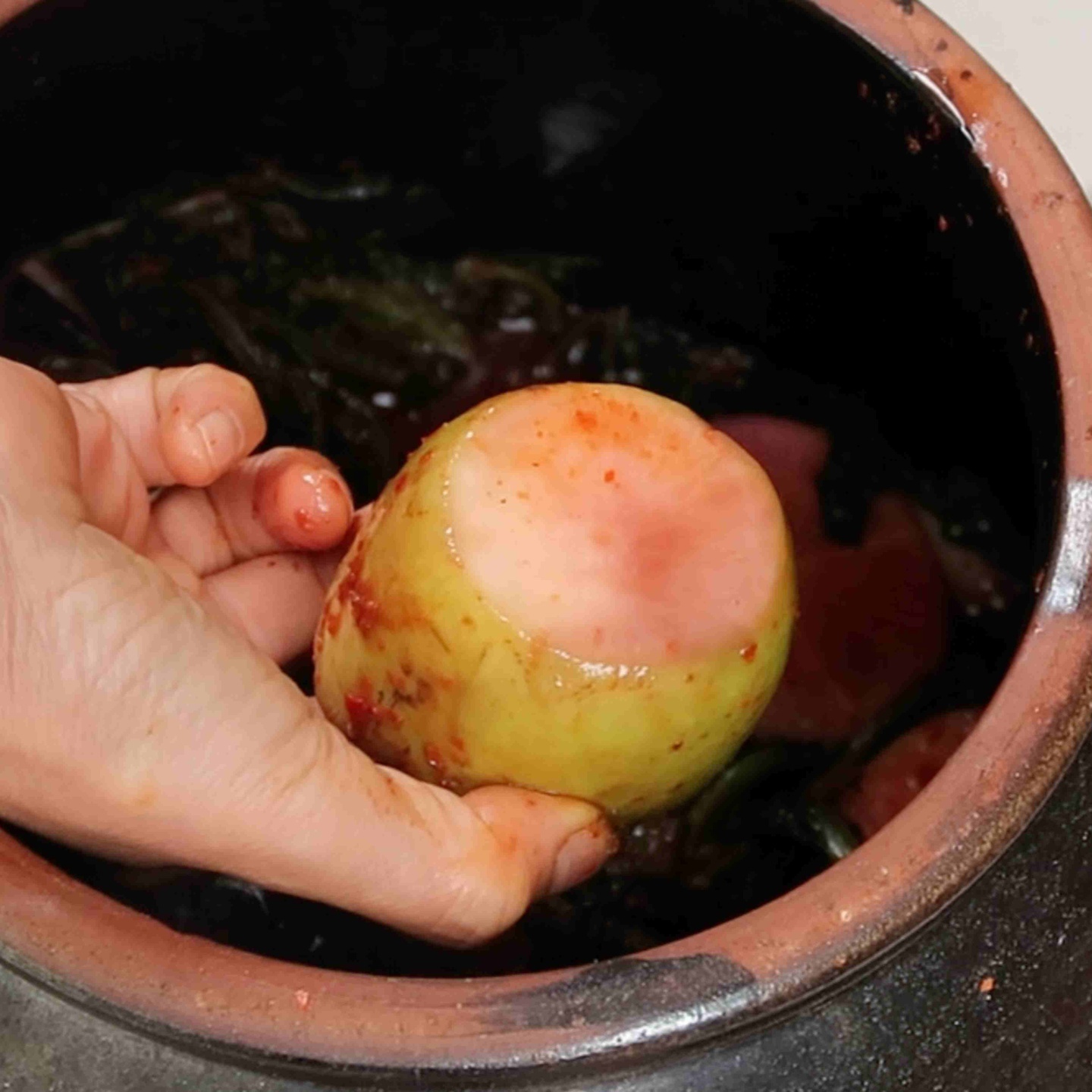Eggs are used in so many different dishes in Korean cuisine. They can shine as the main ingredient inside dishes like steamed eggs (계란찜) or be added raw to a boiling soup right before serving.
Buying Eggs
Buying eggs is relatively straightforward. First, check that there are no cracks in the eggs by turning them over in the carton. Try to purchase eggs that are relatively clean since it is not recommended that you wash eggs after purchasing.
The reason you do not want to wash your eggs (unless you are planning to immediately cook them after washing) is because washing your eggs compromises the shell and can cause bacteria on the shell to enter the inside of the egg which can make you sick.
Egg Freshness
Egg cartons will usually have a “use by date” but if not then follow these basic rules of thumb.
- Eggs should be used within a month to a month and a half after purchasing.
- Cooked eggs (like hard-boiled eggs) should be used within a week.
- Cooked eggs or eggs in the shell should not be frozen.
- Raw whisked egg yolks and whites can be frozen up to 1 year.
If you have had your carton of eggs for a while, then you can test their freshness a few ways.
- First, give your eggs a sniff, eggs should not have any sulfur smell or bad odor.
- If you are still not sure if your eggs are fresh, you can also do the water test. By placing your eggs into a bowl of water you can determine if they are fresh. Eggs that sink all the way onto their side are safe to eat. When an egg floats or does not completely sink then that egg is no longer safe to eat and should be discarded. Do not get worried if your egg is wet for a short moment, just dry the outer shell with a towel. Do not soak the eggs for too long or scrub the egg while doing the water test because remember that can compromise the shell and let bacteria in once you place them back in the fridge. Just do the water test for the eggs you plan to cook right away.

